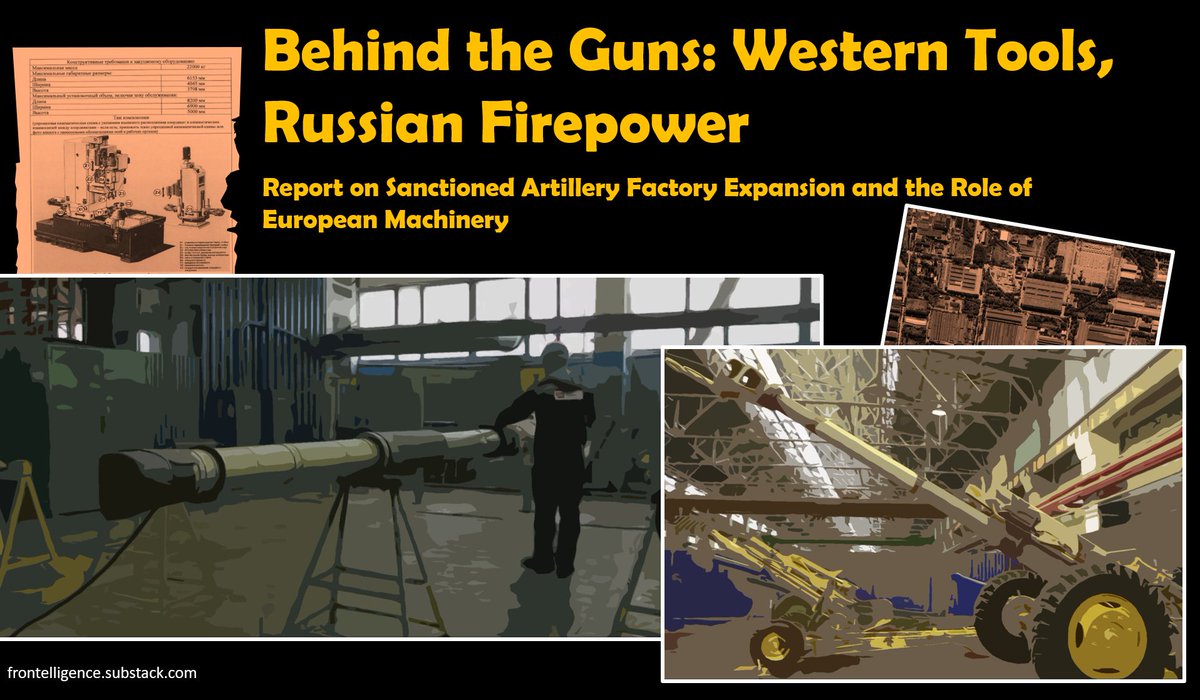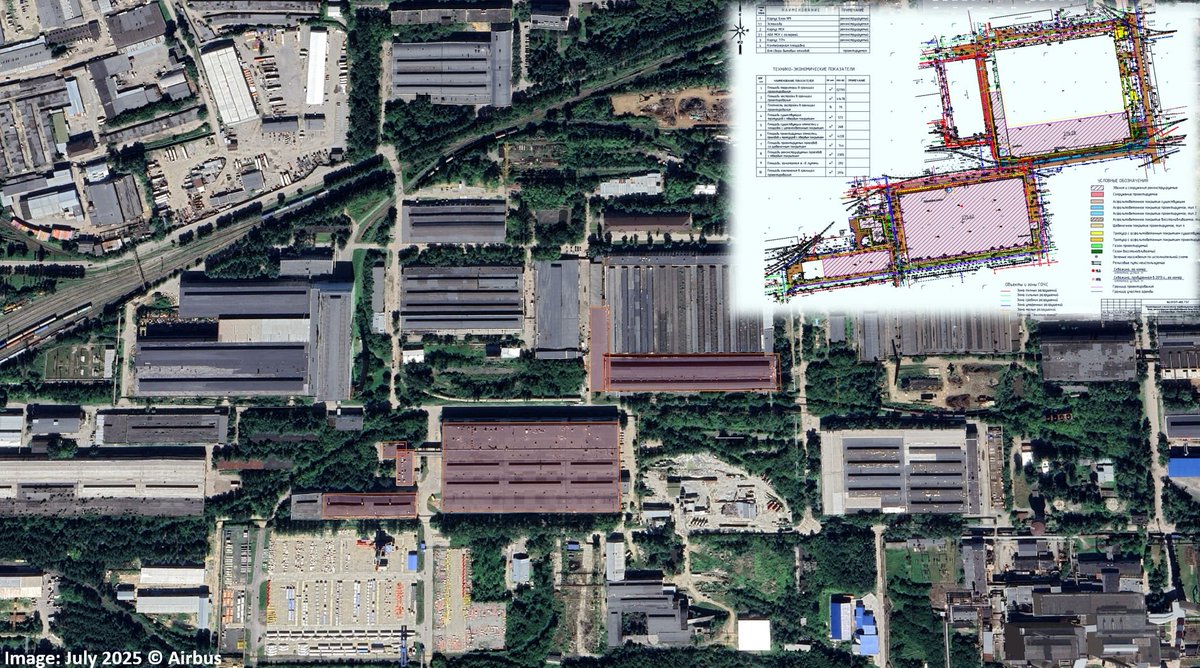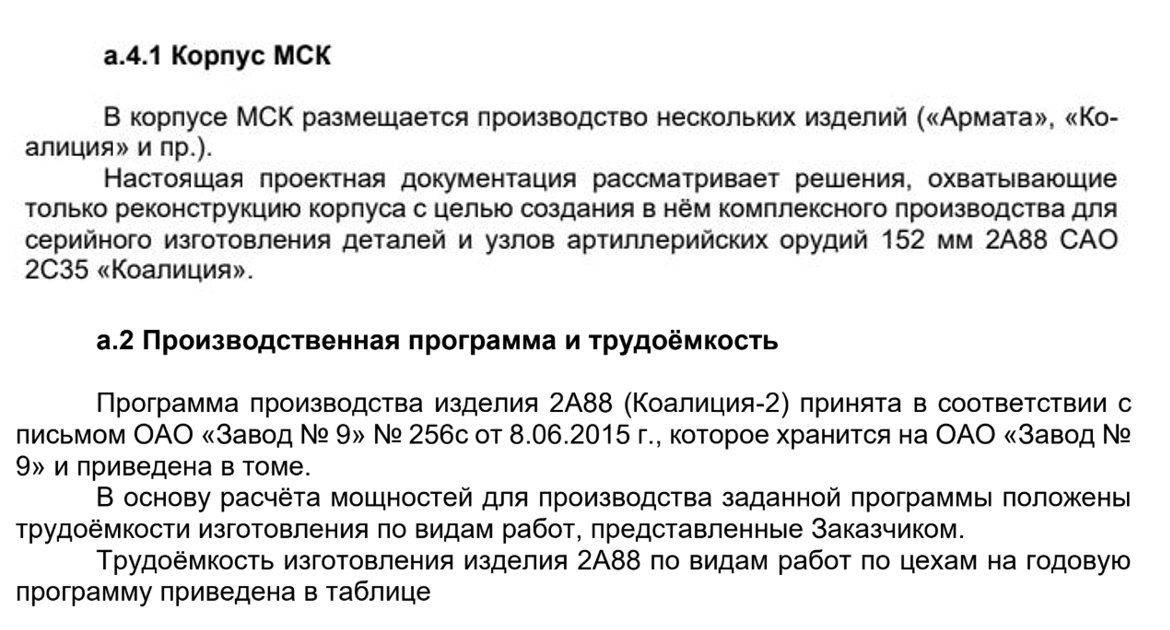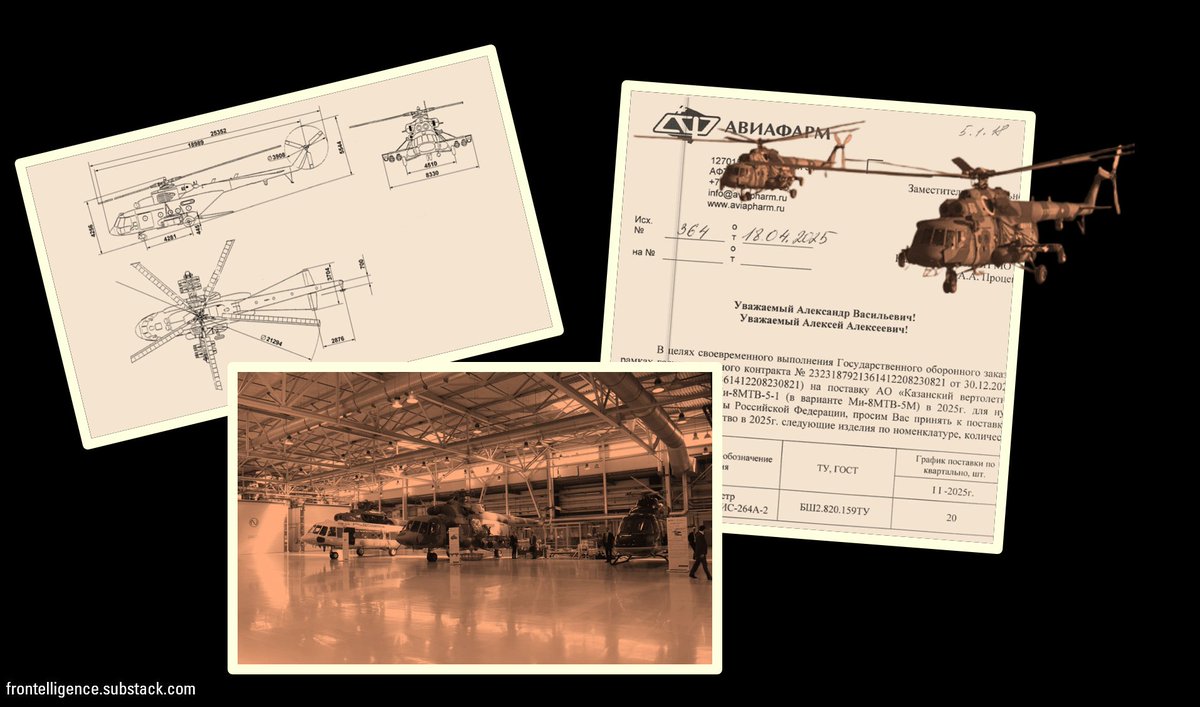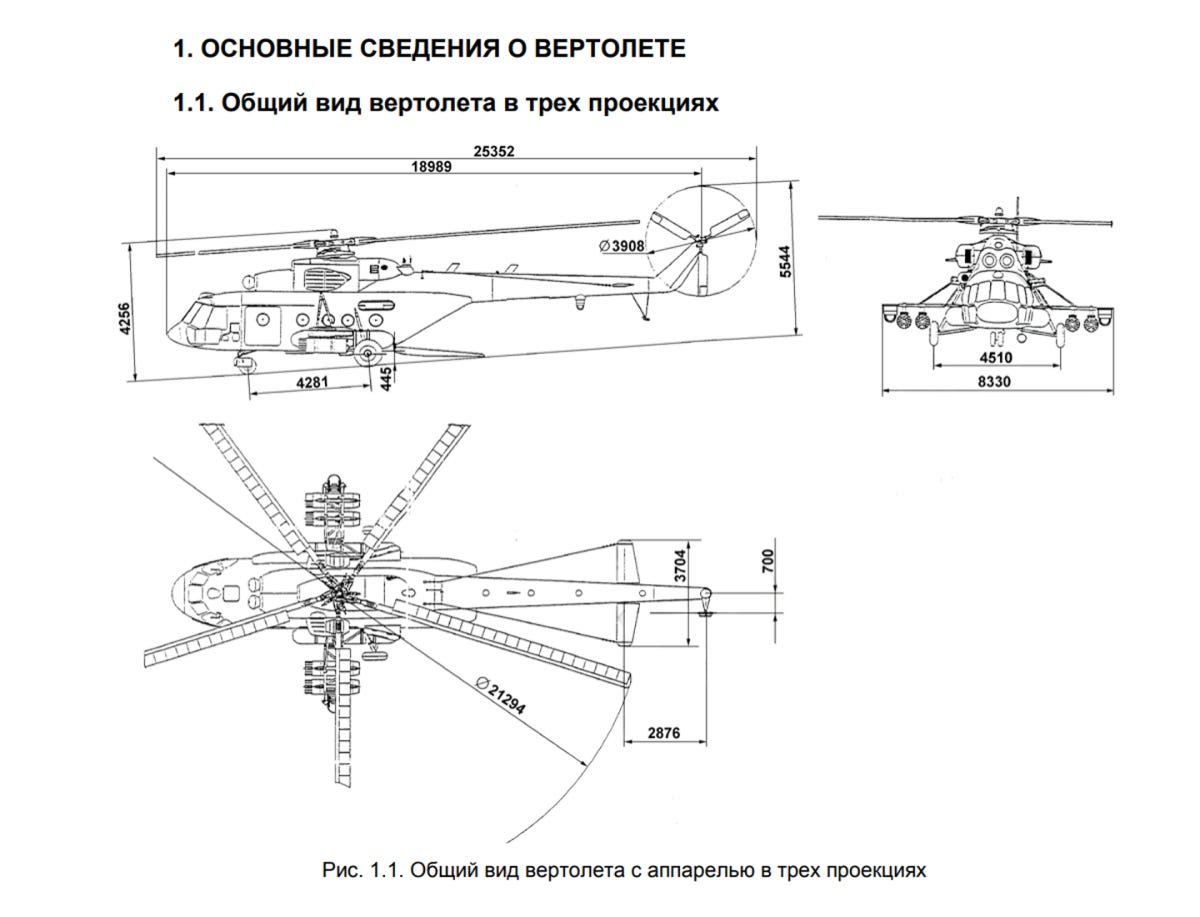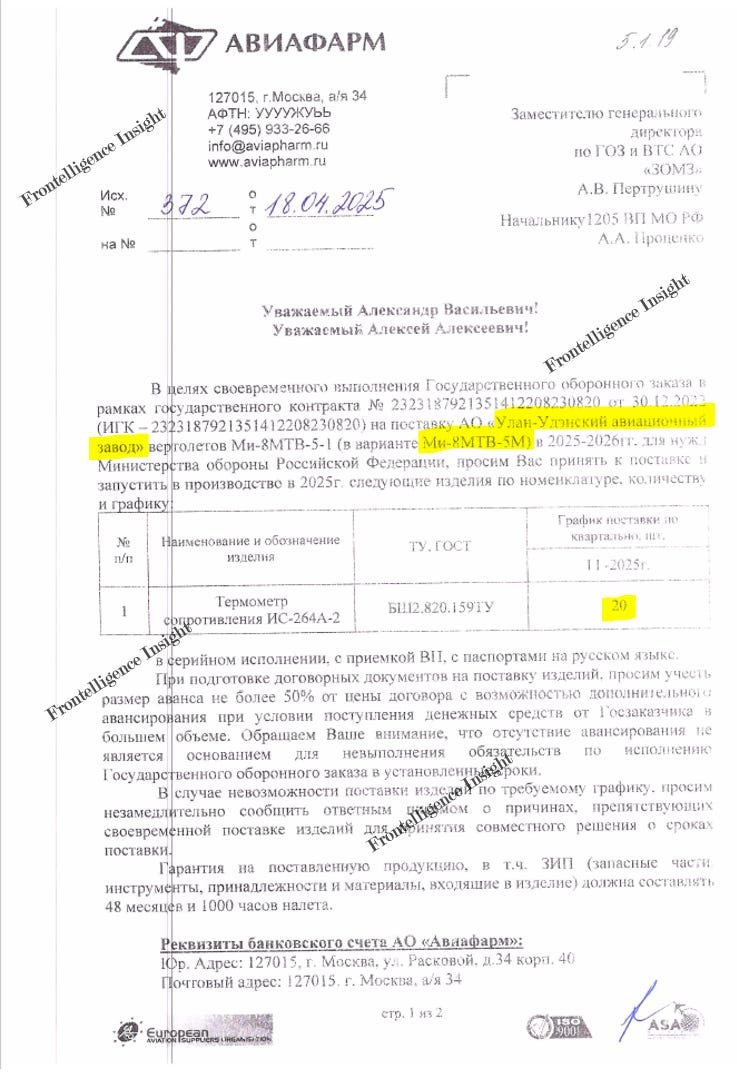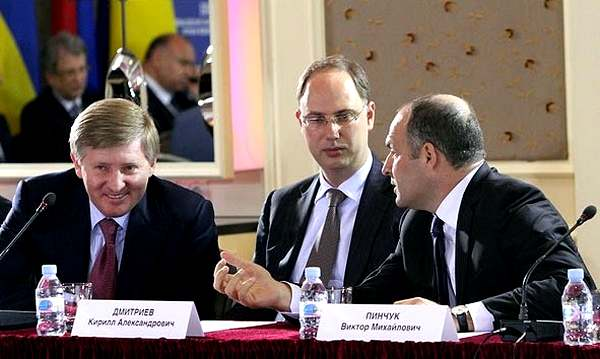Thread🧵
1/ It is my belief that NATO and the US have not fully committed to stop russia in Ukraine. However, there are areas within our own military that require attention. As discussed in Part I, I will reference an article by Glen Grant to discuss these issues
1/ It is my belief that NATO and the US have not fully committed to stop russia in Ukraine. However, there are areas within our own military that require attention. As discussed in Part I, I will reference an article by Glen Grant to discuss these issues

2/ Glen suggests that a priority policy should be implemented to replace all military personnel who are not performing frontline tasks with civilians who have comparable or better related skills. Additionally, the use of TrO volunteers should be considered.
3/ In some cases, commanders have been selected through nepotism or connections rather than their performance and results. This is a concerning issue that needs to be addressed immediately to ensure that the most qualified individuals are appointed to leadership positions.
4/ It is imperative to establish a policy that streamlines the identification process of potential commanders for promotion and simultaneously identifies those who are unsuitable for command.
5/ A fundamental area that requires urgent action is collective training. It is crucial for units to receive collective training to improve their skills and ensure that they can work effectively as a team.
6/ In larger NATO countries, collective training is regularly conducted at battalion and brigade levels and even at the division level during major exercises. Lessons learned from the front line should be passed on to every soldier and instructor to improve their training.
7/ Staff appointments such as Chief J7 (Training) should not make command decisions about training requirements. Commanders should only be appointed to command operations or to command the creation and training of units for operations.
8/ The lack of standardization across the Ukrainian army is a significant problem that hinders successful operations. The mix of the Soviet system, NATO standards, and improvisation has led to chaos. It is essential to establish a unified system.
9/ The reliance on Ukroboronprom to produce defence weapons has resulted in a monopolistic system that is not perfectly suitable for war. It has proven to be slow in delivering the necessary weapons and equipment.
10/ The military medical system has major weaknesses. Uncoordinated training for soldiers in battlefield medicine, and poor policies at the national level for supporting and funding the seriously injured or those needing basic medical drugs.
11/ It is crucial to have an officer in each unit who is not in the battle space and can assist with necessary documentation for families when a partner dies or is critically injured.
12/ In order to ensure a streamlined logistics process, each area must have a dedicated logistics hub, that ensures that no brigade has to reach back more than one hour's drive to obtain what they require.
13/ In instances where extreme distances are involved, the logistics "socket" should be extended to bring the required supplies closer to the unit. The logistics power socket should encompass the essential elements of combat supply
14/ including medical supply and evacuation, unit combat supplies such as food, fuel, ammunition, batteries, vehicle spares, and drones, personal equipment of all types through digital registration
15/ reach-back ability for technical equipment for replacement and repair such as phones, computers, and radios, and forward maintenance of all soft-skin and armored vehicles up to engine and barrel changes, and minor body repair,
16/ In addition to the insightful observations made by Glen Grant, I would like to contribute my own observations regarding the current state of Ukraine's military organization. It is important to note that Ukraine's highest organizational unit is the brigade,
17/ as it does not have standing armies or divisions. However, there exist de facto "territorial" organizational units that coordinate the actions of multiple brigades. While these units may function like divisions in some ways, they lack a proper division structure
18/ and their assigned officers are typically temporary. In comparison, division or an army has a clearly defined structure that operates as a single mechanism with clearly defined duties and responsibilities.
19/ In my forthcoming conclusion thread, I intend to provide a summary of the pressing concerns that require attention. In my view, merely seeking assistance from our allies is insufficient; it is imperative that we undertake internal changes to preserve the lives of our soldiers
Full version of the article by Glen Grant that I am referring to can be located here: maidan.org.ua/en/2023/02/gle…
• • •
Missing some Tweet in this thread? You can try to
force a refresh


